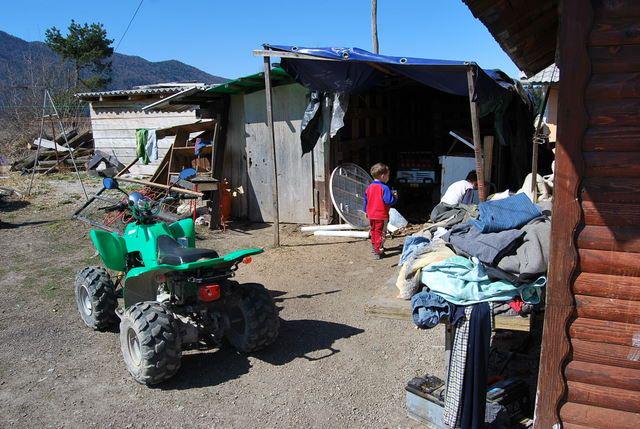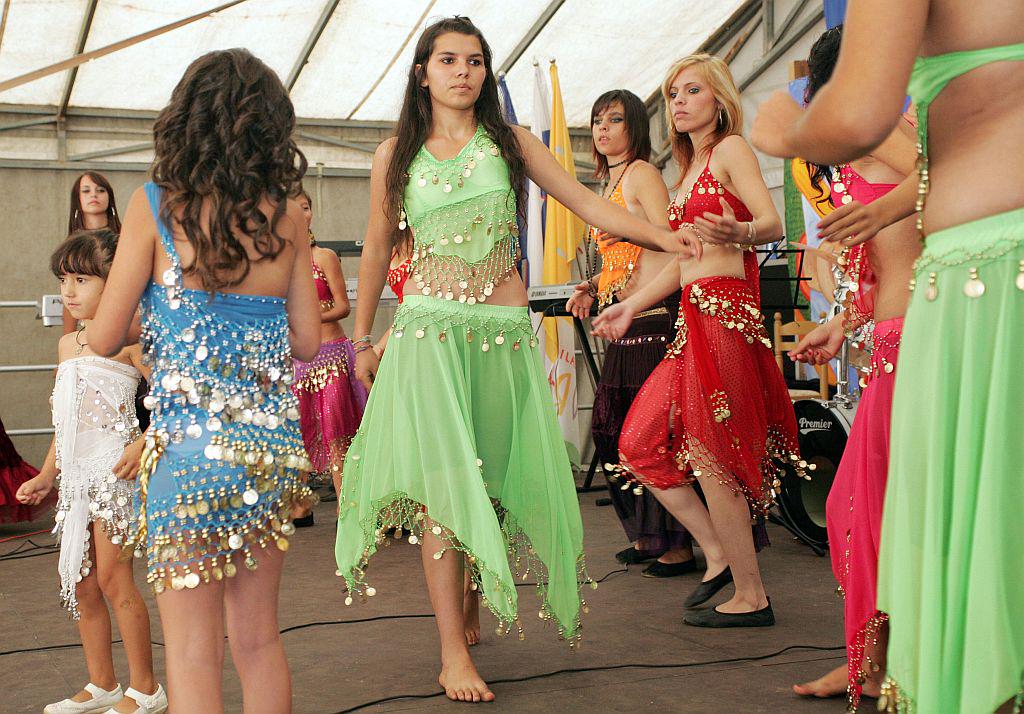


At the World Roma Day a number of events will be organized around Slovenia. The president of the Roma Association of the Dolenjska region Miklič presented Roma problems at the Dolenjska region, and especially mentioned the slow speed of solving Roma problems at the Dolenjska region, including some topical issues.
How do you evaluate the progress in solving Roma problems?
The Roma problems are being solved very, very slowly – we could say millimetre by millimetre, or at a snail's pace. More often than not what we get are a multitude of promises, analysis, and so-called strategies. The actual realisation and getting the solutions into Roma settlements leave much to be desired. Except when municipalities start fixing up settlements with the help of state funds, which the state provides through tenders.
It is sad that in Slovenia we can still find Roma settlements which have been standing at the same spot for more than 70 years, with hundreds of inhabitants, which constitute a social problem. Settlements remain unlegalized and without potable water, and mayors take no action to at least transfer the ownership of the plots from the Ministry of Defence to the municipality of Novo mesto, as offered by the state quite some time ago.
A difference between the Dolenjska and Prekmurje regions can be noticed; in the latter the situation is much better regulated, isn't it?
I believe the state, and the government as well have dedicated most of the funds, and efforts, to the Prekmurje region. The Roma problems at the Dolenjska region have been forgotten, also due to our own lack of organisation. In the meantime civil societies have taken initiative, and have been warning of Roma problems in the light of opposition to Roma settlements, and solutions of Roma problems.
To a person unaccustomed to such conditions the situation in the Roma settlements in the Dolenjska region can be summarized in one word – catastrophic. Well, not everything is so bleak; beautiful houses with nice gardens can be found in the Dolenjska region as well, but it is the doing of the Roma individuals, investing their own funds – and such settlements obviously don't need our help. We are requesting help mostly for settlements which are still illegal, without potable water and electricity
Which is the basic difference between the Prekmurje and Dolenjska regions?
Roma in the Prekmurje region have very good relationships, we could say neighbourly coexistence, with other inhabitants. No such thing exists in the Dolenjska region; our children are still ostracized in schools, they are still being called names, and fingers are still being pointed at them. The stereotypes persist.
Gorazd Kosmač; translated by G. K.

































































